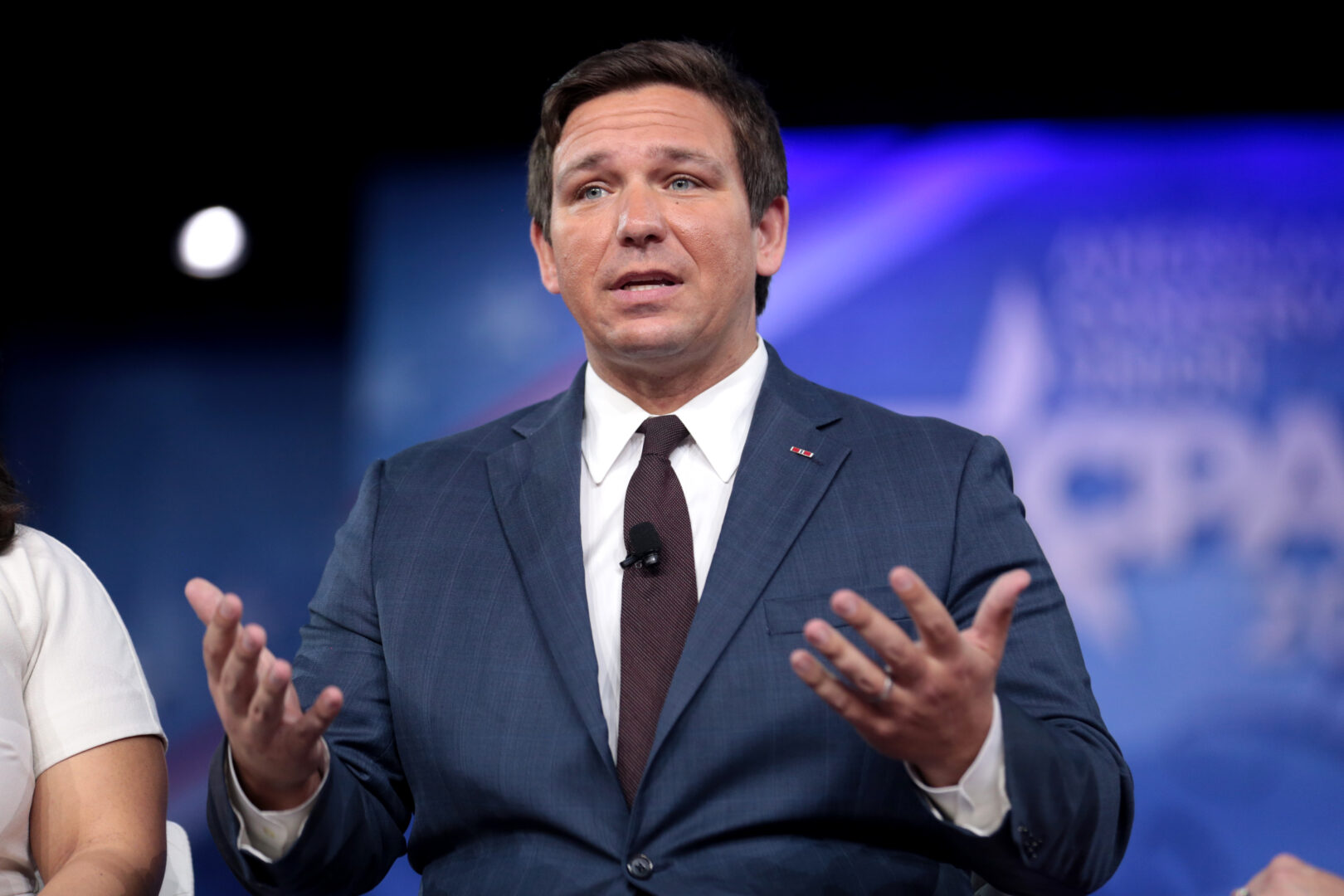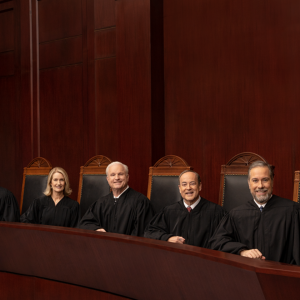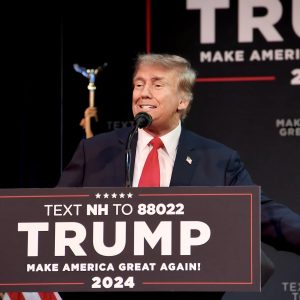 View Winners →
View Winners → 
By, HeyWire
On his first day as a presidential candidate, Ron DeSantis made headlines for his controversial comments about pardoning those involved in the January 6th attack on the U.S. Capitol.
DeSantis, who has consistently polled second to former President Trump in national surveys, stated on a conservative talk radio show that he would consider issuing presidential pardons to Jan. 6 defendants, including Trump himself, who is currently under federal investigation over the attack.
DeSantis claimed that his administration would review cases of people who are “victims of weaponization or political targeting,” and promised that he would be “aggressive” in issuing pardons. He also claimed that the Department of Justice and FBI had been “weaponized” to unevenly punish people from “disfavored groups.”
However, this broadside against the rule of law has sparked concern from many, including U.S. District Judge Tanya Chutkan who, during a 2021 sentencing hearing, pointed out that the BLM demonstrators were protesting for civil rights while the Jan. 6 rioters were “trying to overthrow the government. … That is no mere protest.”
Black Lives Matter advocates have also collected data showing that federal prosecutors were far from gentle in their approach to charging BLM protestors, and an Associated Press analysis in 2021 showed scores of BLM defendants getting serious prison sentences, shattering the myth that prosecutors were exceptionally lenient with them.
DeSantis’ posture rests upon the unfounded assumption that federal prosecutors are part of a political conspiracy rather than agents of the law. This signals that overturning the rulings of the legal system isn’t just a consideration but an expectation for DeSantis.
In response to DeSantis’ comments, former President Trump’s campaign spokesman, Steven Cheung, pointed to an NBC News report that DeSantis administration officials have solicited campaign contributions from Florida lobbyists — a breach of traditional norms that raises ethical and legal questions — and called the Florida Governor “the 2024 version of Crooked Hillary.”
DeSantis’ comments have not been well-received by many, with several Republican senators, including Lindsey Graham and Bill Cassidy, disagreeing with the idea of pardoning those involved in the Jan. 6 riot. Cassidy stated that “if you do the crime, you do the time,” while Graham conceded that Trump’s line on pardons was “inappropriate.”
Furthermore, DeSantis’ stance on pardoning Jan. 6 defendants is a “day one” priority for him, suggesting that the convictions of insurrectionists who tried to overturn the 2020 election were a grave injustice. This unfounded claim is being seen as an attempt to appeal to his party’s radicalized base while running in a crowded and competitive primary.
DeSantis might want to beat Trump in his bid for the White House, but these signs indicate he’s playing a similar game. Both DeSantis and Trump have floated the idea of pardoning those involved in the Jan. 6 attack, which gives Jan. 6 rioters hope that they won’t be held accountable.
Comments from Mr. Trump and Mr. DeSantis, the two leading contenders for the 2024 Republican nomination, will discourage plea deals and encourage defendants to drag out proceedings in hopes that they might get clemency in 20 months. This could undermine the sanctity of the democratic process and the rule of law.
If elected to the highest office, DeSantis may use his power to issue pardons regardless of whether it’s warranted. This approach could call into question the true motives behind his administration’s decision-making processes and risk eroding trust in the criminal justice system for years to come.





































































































